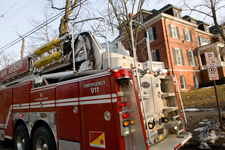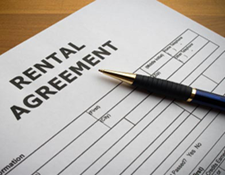*New Case Law
California’s 1st District Court of Appeal recently ruled that “design professionals” may be liable under both common law and Senate Bill No. 800 (“SB 800”) to third party purchasers for construction defects.
In Beacon Residential Community Association v. Skidmore, Owings & Merrill LLP et al., the defendants (the “Architects”) had performed architectural and engineering services, as well as construction administration and construction contract management, for a 595 unit condominium project located in San Francisco. The plaintiff homeowners association (the “HOA”) alleged that multiple construction defects in the project were caused in part by negligent architectural and engineering design. Included in those defects was the presence of “solar heat gain” allegedly caused by the Architects’ approval of cheap and non-functional windows paired with a defective design that failed to provide for adequate ventilation within the units. During periods of high temperatures, the solar heat gain had rendered many of the units “uninhabitable, unhealthy and unsafe.”
The Architects successfully argued at the trial court level that they could not be held liable for the alleged defects because, under common law, the Architects owed no duty of care to third parties (to the HOA or its members). The trial court agreed, holding that the Architect could not be held liable for negligent design and that the HOA was required to show that the Architects had “control” in the construction process; the Architects had to have “assum[ed] a role beyond that of providing design recommendations to the [developer].” Accordingly, the trial court sustained the Architects’ demurrers and the HOA then appealed…
Continue Reading ›
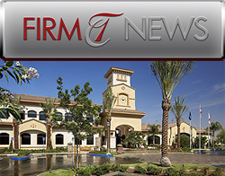
 HOA Lawyer Blog
HOA Lawyer Blog


 *New Library Article
*New Library Article
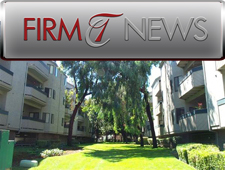
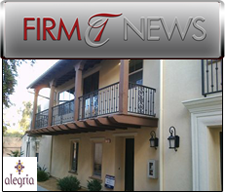
 Our
Our 
 *New Library Article
*New Library Article